Imagine withdrawing a job offer two days after it was made. This is exactly what we did.
In June 2023 IMA was hiring for an Operations Associate position, and after a lengthy hiring process, we offered the position to Sam (not his real name). However, two days later, we had to withdraw the offer. This is not our usual behavior, so I wanted to write an explanation to Sam.
I had intended to write a few paragraphs, but I made the mistake of starting to work on it at 5am, which is my most productive writing time. The writing muse took over and a few paragraphs turned into a few pages.
As I wrote, I had the opportunity to reflect on our values as a firm, the behavior I observed from the candidates we interviewed (both good and bad), and the hiring process from the perspective of an employer.
When I finished writing, I realized that this letter contained insights and lessons that could go beyond the intended recipient and could help anyone who is looking for a job, especially early in their career. I had written it as much for Sam as for my children, especially for my 22-year-old son Jonah, who is about to enter the workforce.
How Not To Lose a Job That’s Yours
Dear Sam,
I am writing this letter to you to explain why we withdrew your job offer. I feel I owe you an explanation, and more importantly, I really hope this will help you in your life.
When you read this, your first emotion is likely to be anger, which I completely understand; it is a natural part of being human. My suggestion is to come back to this letter again in a day or two, once your emotions have subsided. My single goal is to help you by providing a perspective that I did not have until I became a CEO and started thinking about company culture, and had to hire and, unfortunately, fire people.
We have received hundreds of resumes and need to hire only one excellent applicant who will hopefully improve, or at least not dilute, the talent of our firm. That is a very difficult task. Today, when I look at my colleagues, I have an almost complete mental picture of each one of them. I know their strengths, their weaknesses, what motivates them, and what doesn’t. Every one of them has weaknesses, but I don’t look at them as weaknesses but sources of their strength. My key job as a CEO is to make sure their strengths properly match the tasks they’re performing.
Though they are all different and have diverse (often complementary) skill sets, they have certain things in common: They care about our non-traditional (often quirky) firm, they are a pleasure to work with, they are team players, and most importantly, they have soul in the game.
It is very difficult to have the same level of clarity about an applicant, especially when hiring for an entry-level position. Whereas I have an almost complete mental portrait of each of my colleagues, it took time for the full picture to come together. For an applicant, we only have a few data points that we glean from initial interactions: their body language and the language they use, how they are dressed, whether they show up on time for the Zoom call and in-person interview, the formatting of and any typos in their resume, and conversations with their references. These are tiny little pieces.
Every applicant we interviewed said the same thing, something along the lines of: “Hire me and I will do a great job.” It is possible that every person who applied would be great at this job, but that is highly unlikely.
We really want to hire right. It is expensive to train a person, and even more importantly, I hate firing people. I hate how it makes them feel, and thus I cannot stand how it makes me feel.
What makes things even more difficult is that interviewees are in a “first date” mode. This is not just specific to the people we interview but applies to everyone. We all do this. I have done it, too. I wanted the girl to like me, so I presented the best version of myself, which only existed on the date and was not an accurate representation of my real, everyday self. I emphasized the points of interest where we overlapped and downplayed or omitted the ones where we did not. An interesting part of human behavior is that when we do this we are not only lying to our date, we are lying to ourselves. We want to be liked. A similar dynamic happens once we enter job interview mode: We want to be hired. The better matched you are with the girl or the job, the less aspirational your behavior needs to be.
Realizing this dynamic, an interviewer’s job is not to just listen to the words the applicant says but to also pay attention to nonverbal clues.
Let’s talk about your particular case. You won us over with your warm personality and the thoughtfulness you showed during the first two interviews. Having some experience in the finance industry was an added bonus. However, we started noticing some warning signs: Your resume had three typos; you provided the wrong number for your reference check; we only had a chance to talk to one of your references, and he said all the right things about you, but his voice lacked conviction.
Though we had some hesitations, which we shared with you, we still decided to give you a job offer. Then you were late to the job offer meeting. In your defense, you texted and warned us that you were running late. When asked what questions you had for us, you asked, “How can I make myself more marketable?” First, I fail to see the appropriateness of this question when you had just been given a job offer. Additionally, you asked the same question in the last interview. I can see that you were probably nervous. Instead, a more appropriate question would have been along the lines of, “How can I prepare to hit the ground running?” or “What does success or failure in this job look like?” We left this job offer meeting less confident than when we entered it.
Finally, when Cyrus called you after the job offer conversation, he left you a voicemail welcoming you to IMA and provided you with his personal cell phone number. You did not extend him the courtesy of calling him back.
It is very much possible that we made a mistake in retracting the offer and made it based on some random data points, but then your response to our email retracting the offer had grammatical errors and typos. This job requires someone who is incredibly detail oriented.
I understand how unpleasant it feels to have an offer retracted, but it is better than being let go after two weeks on the job. As a consolation, I’d like to offer feedback on what you can do better next time you apply for a job. I wish someone had done this for me when I was your age, or even ten years older.
Resume
A resume, at the very least, should not hurt your chances. It needs to have consistent formatting. It should not have typos, especially if you are applying for a job that requires meticulous attention to detail. I read that in large companies, AI is reading resumes and selecting applicants to interview. I bet AI is using grammar checks as one of the filters.
If you are applying for a creative job, the resume should showcase creativity. It would be even better if the resume told a story. I have not looked for a job in decades, but if I did today, I’d list the last 10 books I’d read and the takeaways from them. We live in the TikTok world, and maybe I am projecting values of IMA here, but we’d want to hire someone who has an attention span longer than 30 seconds and who reads.
If I was applying for an analyst job, I’d include my analysis of a company. Something that would provide insight into who I am. Write a cover letter that tells a story about you as a human being.
Be punctual
Show up at least fifteen minutes early for the interview. This sends a signal that you care. Also, if there is a hold-up in getting to the interview, you’ll still be on time. I’d argue that is something you want to incorporate into your everyday life. Time is the most valuable commodity of all, and being on time (or even better, early) shows respect.
References
We used to employ an army of interns. When people reached out for reference checks, if an intern was okay or even mediocre, I would say mildly positive things about them (this is part of human nature; we don’t want to say bad things about people to strangers). However, if they were great, I couldn’t shut up about them. Therefore, we learned not to just listen to what references say, but also how they say it.
You need to have references ready. Even better, reach out to your references beforehand to let them know they will be contacted. I don’t know whether if Cyrus had talked to more references, we might have received more enthusiastic feedback. We were only able to reach one of the references you provided, and his enthusiasm was limited.
Follow up
After every interaction with a company, follow up with a “thank you” email. This sets you apart from everyone else. It is a little thing, but it makes a huge impact. It shows that you care. It also gives us a small hint about client-service skills.
Show you care
People who hire you want to make sure they are not just hiring someone to collect a paycheck; they want a valuable contributor. When we asked you why you wanted to work for IMA, you said it was because you were tired of working for large, soulless enterprises. While I understand and share your sentiment about working for large companies, you really needed to demonstrate why you wanted to work for this specific company. I have seen many applicants make this mistake; they tell us how much they want to work for us, but spend very little time actually researching us.
Everything is a test
As I have mentioned, an employer is trying to get more data points, and it is difficult to do while the applicant is in “first date” mode. However, it is difficult to wear this first date mask indefinitely. Employers will be trying to get a glimpse of the real you in all interactions: when they take you to lunch or for a walk in the park, during salary negotiations, even for a few weeks after they hire you. Yes, the interview continues after the offer is made and accepted.
Figure out what you really want
The advice given above is not to teach you how to pretend to be someone else. Quite the contrary, it should help you not to miss out on an opportunity that was yours to take.
However, you really want to make sure that you are getting the job that you actually want and that is suitable for you.
I got my first job in the investment industry when I was 23 years old. It was an administrative/computer help desk role. After I had completed the computer-related tasks, I was asked to do filing. Those were the most torturous two hours of that year. Fortunately, management noticed the distress on my face and asked me to do other tasks that were less mundane. I ended up writing a relational database that was used by the company for 20 years. I am a creative person, and that creativity comes at the expense of my ability to do detailed work. This is why I have people at IMA who are very detail-oriented to balance out my weakness.
I have a feeling, though I could be wrong, that you would be happier in a job where you spend a lot of time interacting with people, rather than focusing on details such as spelling or ensuring that zeroes and decimal points are in the correct places when entering a trade.
You have a lot of things going for you: You are a smart, warm person with a whole life ahead of you. I hope you find this advice helpful. Just remember, little things matter; on their own, you may not notice them, but they all add up. Walt Disney once said, “You can feel quality.” Quality is the result of doing all the little things well, and with heart and soul.
Check out these articles:
Embrace Good Problems: Advice to Young People Today
Let’s Keep Humans At The Heart Of Hiring Practices
Books I am reading or rereading
I am starting a new section in the letter. I’ll share new books that I am reading and revisit books I am rereading.
Good books should be read more than once, for several reasons: When you are reading for the first time, without even noticing, curiosity takes over and you want to know what is next, so you may miss some things. As importantly, when you reread the book, you are not the same. This more mature you may have new life experiences and a slightly different value system. This is why I reread a lot!
I have just finished reading Unreasonable Hospitality, by Will Guidara. Will and his partner took an average restaurant in NYC, Eleven Madison Park, and transformed it into a 3-star Michelin restaurant, which was also named the best restaurant in the world in 2017.

The most interesting part is that Will and his partner achieved this not only through the strength of their restaurant’s food, which was great, but through providing unparalleled (unreasonably good) customer service.
I read the book both as a reader and a writer, and I really appreciated the art of storytelling, the hooks Will used to begin each chapter. The book is very well written and a fun read for everyone, but it is an important must-read for any firm that has customers. Yes, this includes investment firms like IMA. We are not only in the investment business, we are also in the service business.
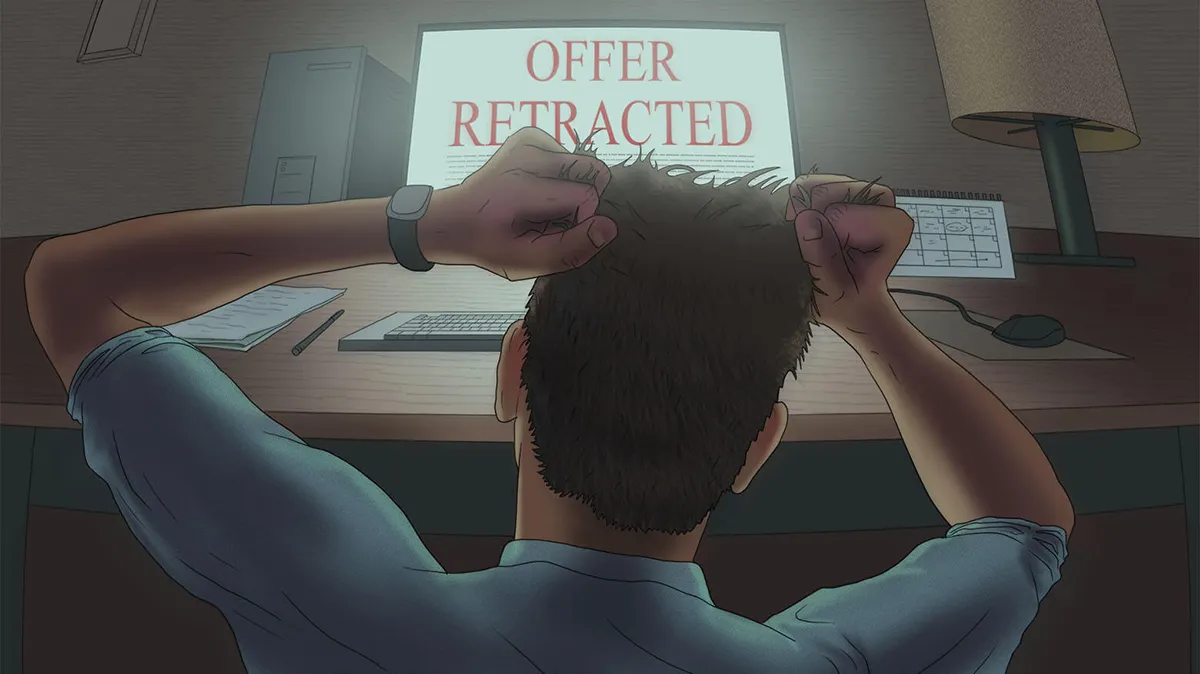
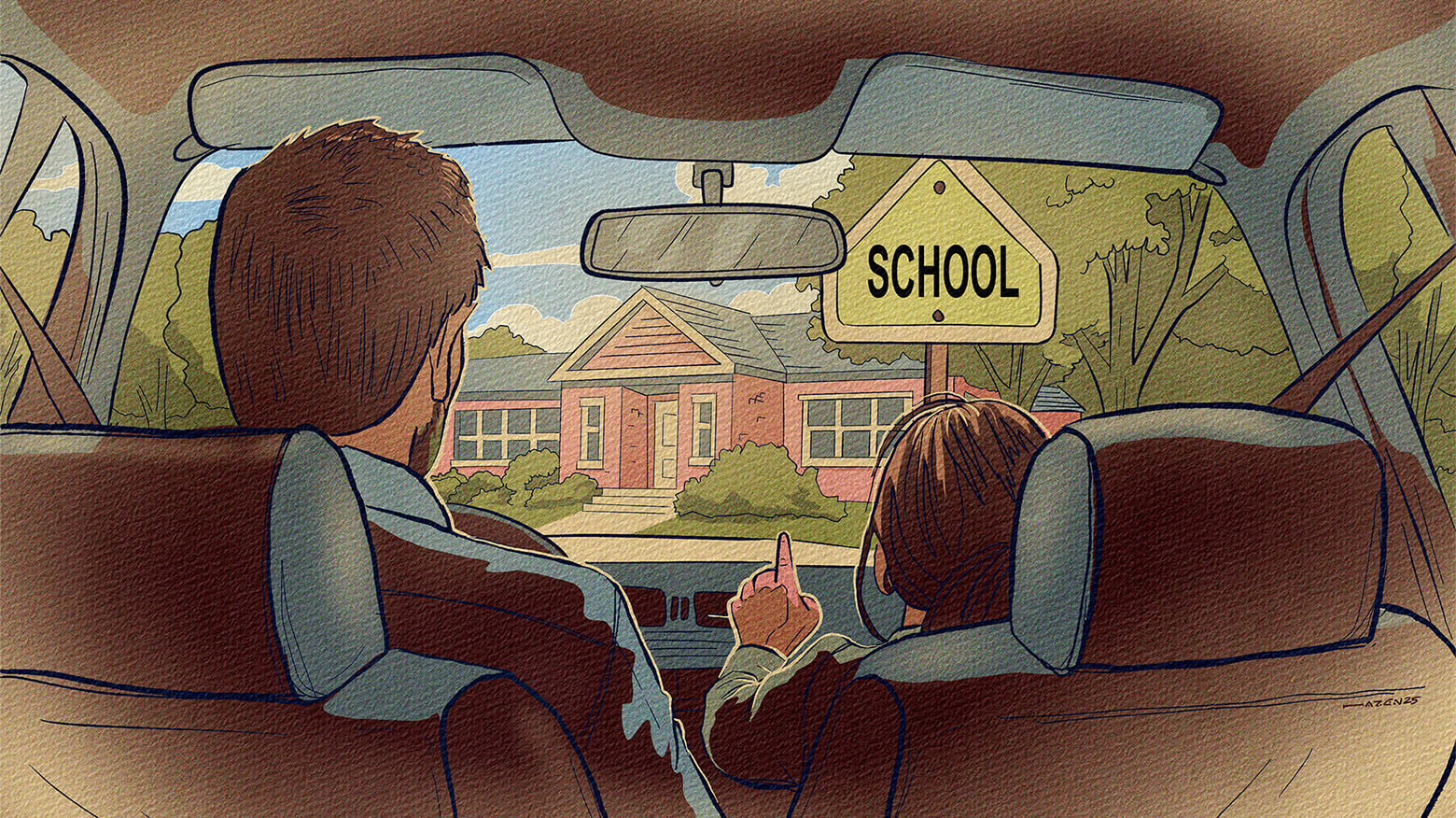
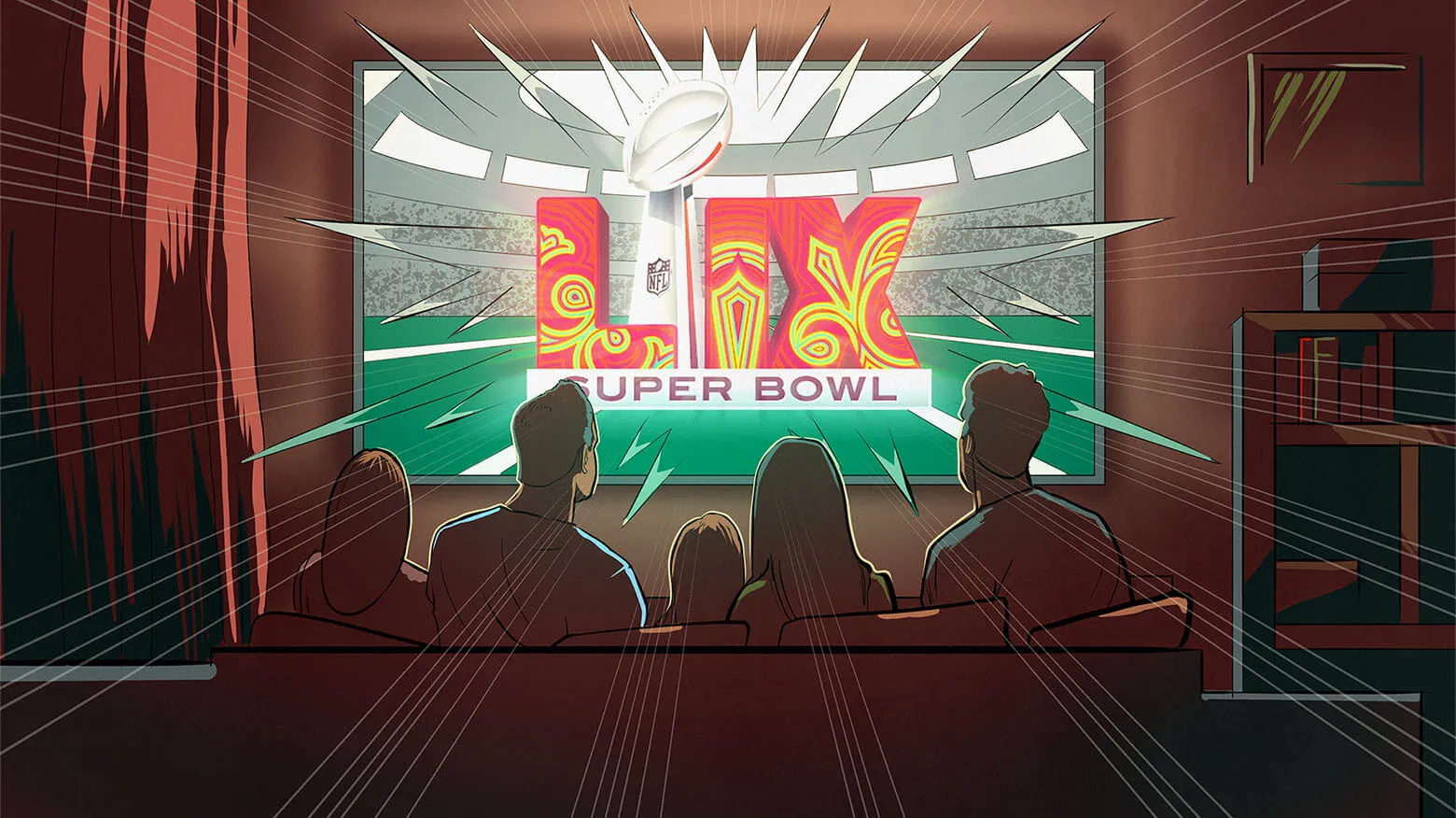
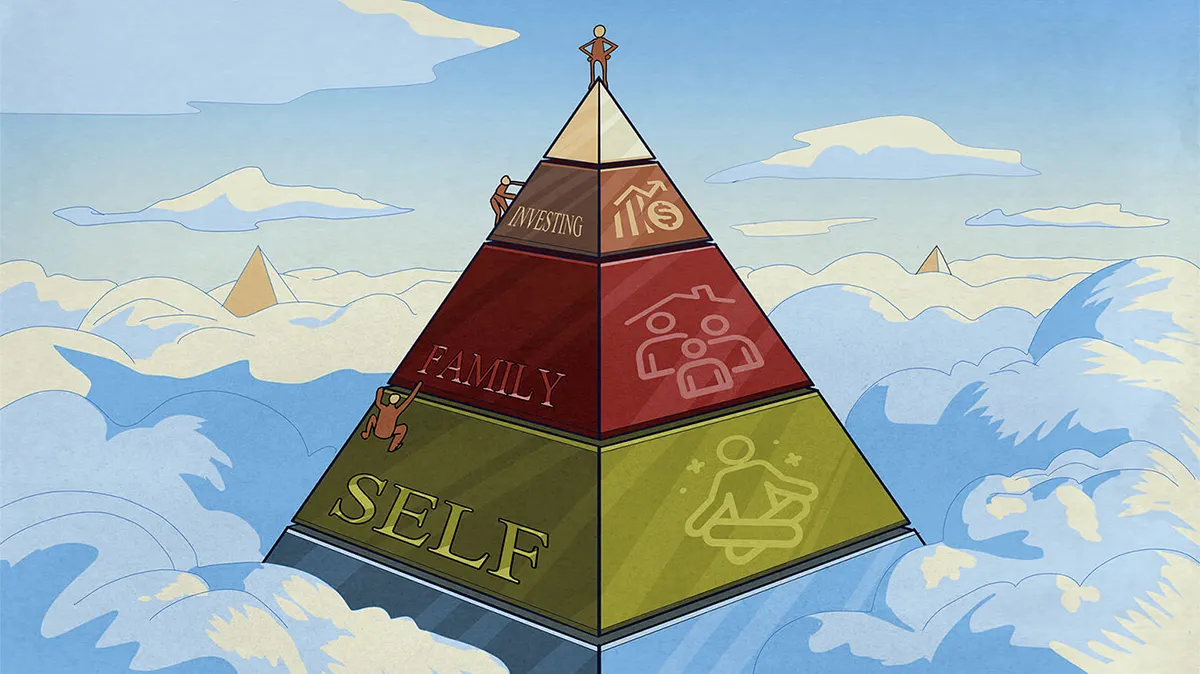
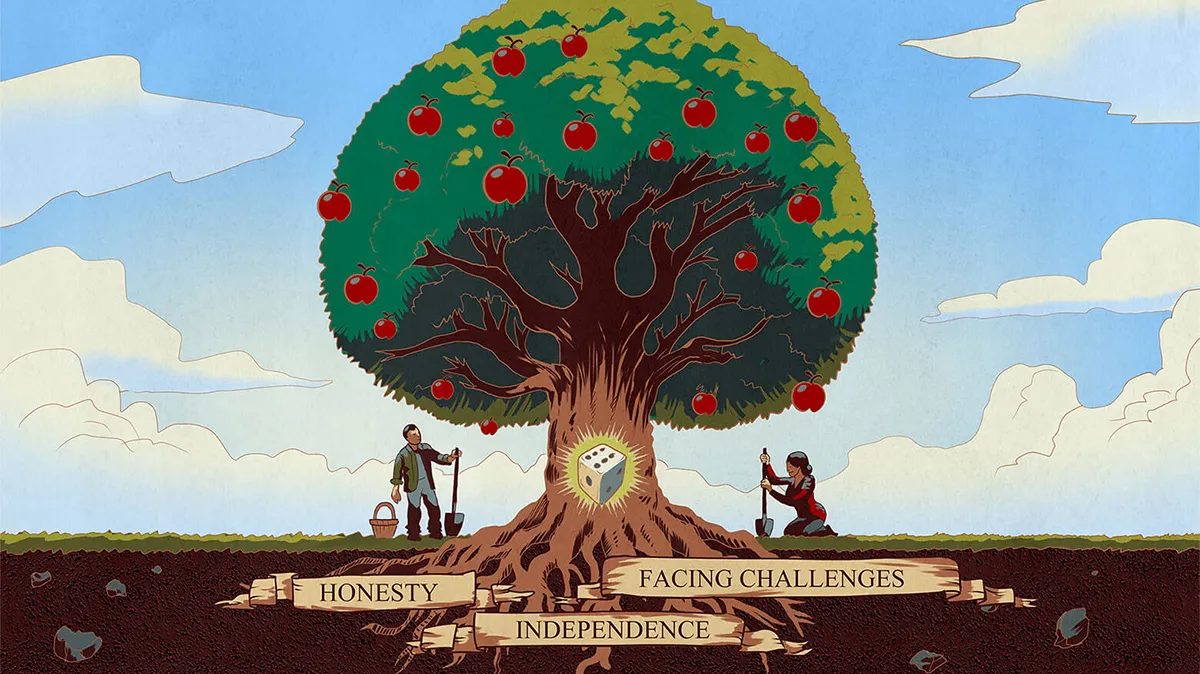




I want to express my gratitude for sharing your letter, “How Not To Lose a Job That’s Yours.” I started following your work in 2019 while I was still in Honduras, searching for value investors from whom I could learn. Though I am a trained physician, I’ve found greater fulfillment in the financial markets, particularly in understanding how businesses grow, expand, and maintain their competitive advantage. This passion led me to pursue an MBA at Rice two years ago, at the age of 36, to transition into a new industry.
Last year, I interned at Jefferies within their healthcare investment banking group. While they provided me with feedback, it lacked the depth I needed. I realized later that I had delivered subpar work, with insufficient attention to detail. I wished I had someone like you to candidly point out my mistakes.
Even during the mid-summer review, the feedback centered around my positive attitude and strong work ethic, but it didn’t address the areas where I truly needed improvement. I would have greatly appreciated someone who could have spoken to me with honesty and clarity.
Today, I feel incredibly fortunate to have gone through this challenging period, as it has taught me the importance of striving for excellence in everything I do.
Thank you once again.